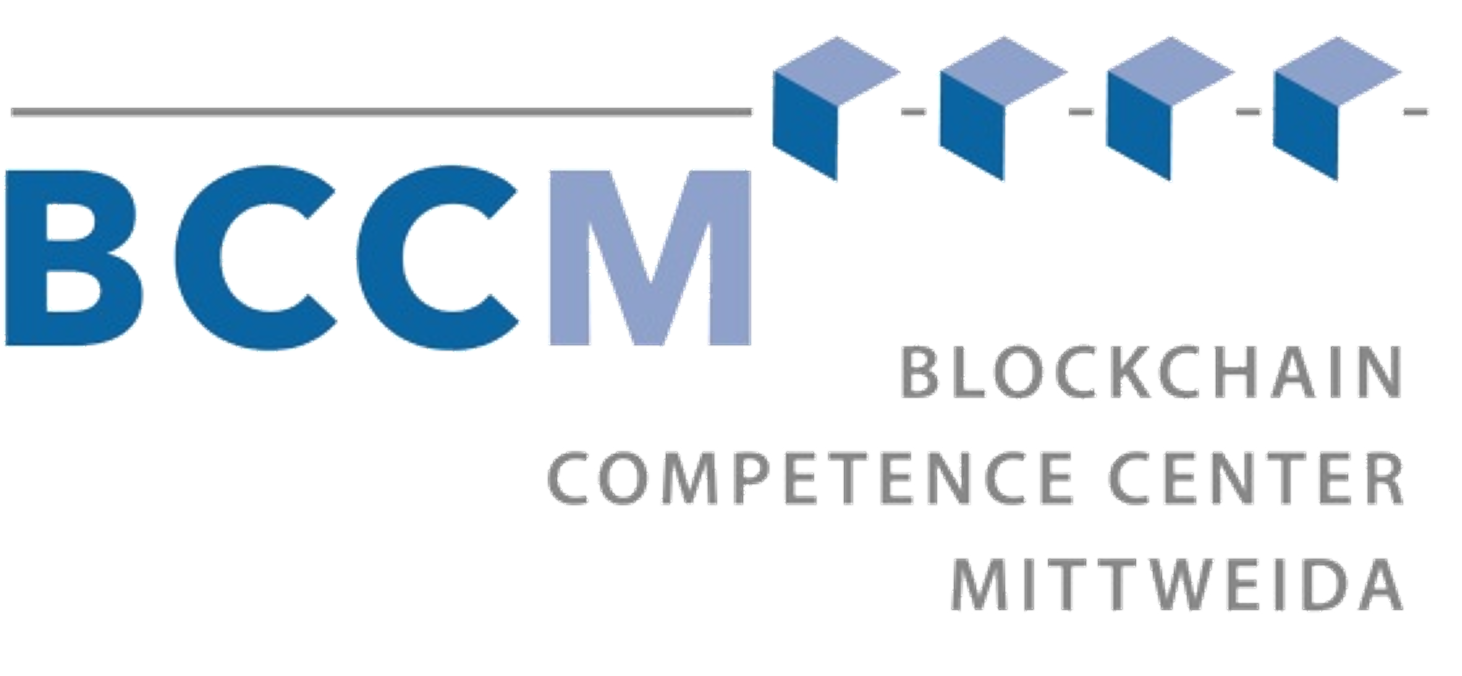
This is
The growing focus on sustainable energy solutions has positioned hydrogen as a critical player in the decarbonization of industries. However, ensuring transparency and accountability in hydrogen’s lifecycle, particularly its certification as „green hydrogen,“ remains a challenge. Digital Product Passports, offer a potential solution by providing a secure, immutable record of hydrogen production, distribution, and consumption data. This research project funded by the German Federal Ministry for Economic Affairs and Climate Action aims to explore the role of blockchain in enhancing the traceability and regulatory compliance of hydrogen supply chains.
Distributed Systems
The energy market is inherently decentralized, as energy production and consumption are distributed across numerous locations rather than concentrated in a single hub. This is especially true for renewable energy sources like hydrogen, where generation often occurs close to the point of use, reducing transmission losses and dependency on centralized infrastructure. However, to ensure efficiency, safety, and market stability, regulatory bodies introduce centralized controls. While these regulations are essential, excessive centralization can hinder innovation and slow market growth. Our project leverages blockchain technology to align with the naturally decentralized nature of the hydrogen market. By enabling transparent, secure transactions and enhanced traceability, blockchain supports a distributed energy ecosystem that meets regulatory requirements while fostering innovation, efficiency, and market scalability.
Digital Product Passport
- Track and verify the sustainability of your hydrogen supply chain. Our Digital Product Passport (DPP) leverages blockchain technology to ensure transparency and authenticity in hydrogen production.
- Precise tracking of hydrogen production ensuring compliance with green manufacturing standards.
- Transparent supply chain visibility through blockchain, providing detailed insights into your hydrogen's journey.
- Boost consumer trust and regulatory compliance with immutable and verifiable proof of green hydrogen production.

Why Blockchain?!

Empowered Through Blockchain Technology
Leveraging blockchain technology, we are developing a decentralized, tamper-proof system that ensures the verifiable tracking of hydrogen’s origin, production method, and carbon intensity. By providing an immutable and transparent record, this approach enhances trust, regulatory compliance, and sustainability within the hydrogen value chain

Optimized for Transparency and Security
We hypothesize that implementing Digital Product Passports will greatly enhance transparency and minimize fraud in the hydrogen market by enabling real-time tracking of key metrics. Early findings indicate that DPPs can streamline certification processes and facilitate cross-border trade by ensuring compliance with international standards

NTFs and Smart Contracts
We employ smart contracts, decentralized identifiers (DIDs), and non-fungible tokens (NFTs) to securely track the lifecycle of hydrogen batches and their associated sustainability data. This approach ensures immutability, transparency, and verifiability throughout the supply chain, enabling precise documentation of origin, production methods, and environmental impact.
Latest Events
Hydrogen Week
The team attended Hydrogen Week in Brussels, connecting with key stakeholders, policymakers, and industry experts from across Europe. This event allowed us to showcase our project’s advancements, discuss regulatory frameworks, and explore collaborative opportunities to drive forward the hydrogen economy in Europe
BBH2 Forum
The BBH2 Forum showcases the latest advancements in blockchain-based hydrogen tracking. The event features the presentation of our MVP alongside expert talks on Decentralized Identifiers (DIDs), Verifiable Credentials, and Digital Product Passports (DPPs), highlighting their role in ensuring transparency and compliance in the hydrogen market.
E-World
The HydroLedger team participated in E-World, engaging with industry leaders, policymakers, and innovators in the energy sector. This event provided a platform to present our MVP, exchange insights on blockchain-based hydrogen tracking, and explore the role of DIDs, Verifiable Credentials, and Digital Product Passports (DPPs) in shaping a transparent and efficient hydrogen market.
Proof of Concept
We are excited to announce the rollout of our Proof of Concept for blockchain-based hydrogen tracking. This phase marks a significant step toward validating our approach in real-world scenarios. We aim to demonstrate the effectiveness of our solution in enhancing transparency, traceability, and sustainability across the hydrogen supply chain.
Cornerstones within the Study
Standardization
Contribute to standardizing hydrogen product data and facilitating uniform practices
Blockchain in the Energy Economy
Promote the broader adoption of blockchain technology within the industy

Scalability
Scaling DPP applications for a more transparent and sustainable international value chain
Optimizing Logistics
Enhance regulatory frameworks and reduce costs in hydrogen logistics
Research Projcet
HydroLedger (BBH2) is a research project aimed at accelerating the development of a European hydrogen market through blockchain technology. Since August 2022, we have been working as a consortium with Exxeta, the Blockchain Competence Center Mittweida, and Ökotec-Anlagenbau GmbH, funded by the German Federal Ministry for Economic Affairs and Climate Action (BMWK). The project is expected to conclude in July 2025.

Exxeta AG

Mittweida University




